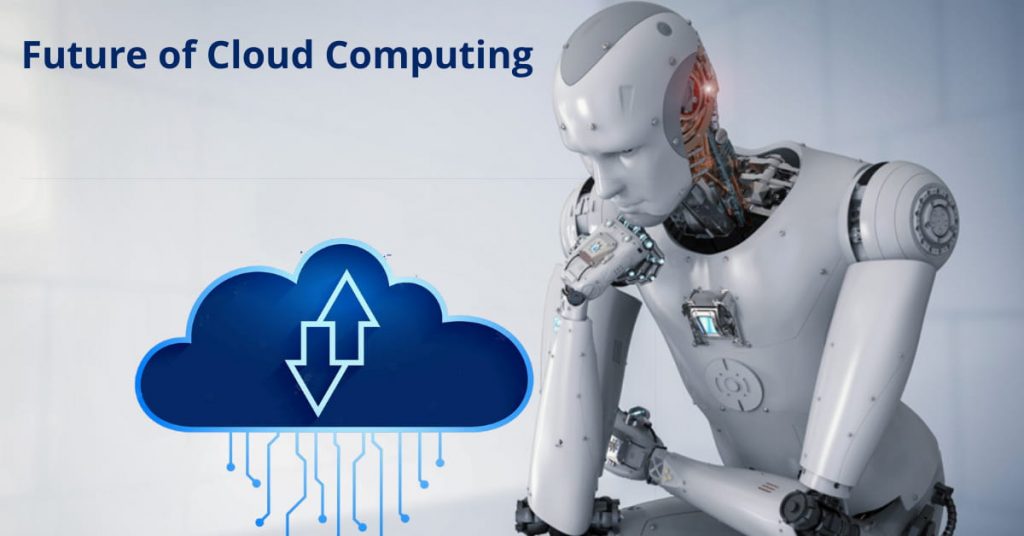Businesses are looking to increase/decrease storage capacity and most of the companies want to securely store the data. Essentially, looking for the cost effective solutions as well as becoming less dependent on in-house Infrastructure to store data and access their tools anytime, anywhere.

In future, Cloud service providers in India will provide more data centers to store the data and at a lower price as there is a large competition among them. With the help of Cloud computing and IOT (internet of things), accessing the data from the cloud will be faster with enhanced application performance.
Real time data analytics is possible with Cloud Computing. Experts believe that they need to understand and focus on real time analytics and factors on which it depends. If they learn to control, supervise and modify the changes in real time, it’ll help the business to grow exponentially. The business decision makers are working on it and looking for managed IT services that will help them to analyze the data and fix the problems.
The remarkable flexibility, functionality and speed essential for today’s businesses can be easily achieved by Cloud Analytics. It allows companies to react to changes almost instantly and improve decision-making quality.
A real-time data processing solution can be created in your own data center on physical servers but this approach has some drawbacks. For one, businesses need significant IT infrastructure capabilities, but it’s difficult to predict how much power/tools/resources you’ll need. At the same time, the storage capacity must be able to grow. So, Cloud computing is a better solution instead of improving the IT infrastructure.
The Cloud Computing Market Size is expected to increase by USD 287.03 billion from 2020 to 2025. By 2025, 80% of all CRM software will be cloud-based. Moreover, 40% of all application spending is for software as a service based applications.
To prevent cyber-attacks we need better security. The cloud providers provide better security measures opening balanced ways to prevent cyber-attacks.
With cloud migration, the use of hardware will be less. We can save the setup cost of software and this will lead to decreasing the use of hardware as well.
In the future, the data stored in the cloud will get analyzed with the help of a machine and it won’t require any human help. With advancement in cloud computing technology, we might see the decision makers will be the machines which will analyze the data and provide the required changes to be done to improve the business.
The new Business models are emerging, using cloud computing solutions and looking for ways to combine 5G and AI (Artificial Intelligence) to access and monitor the data. Large Vendors are looking for cloud-like solutions deployable anywhere. Content delivery networks and cloud service providers are offering edge compute services across hundreds of local points of presence. The high level of security throughout the network will be challenging for any enterprise and can be achieved only by combining AI engineering. Fully developed AI engineering will provide security to all data centers or different locations where resources are deployed. AI has to be developed and companies have to focus more on AI projects. Strong AI engineering strategy will help the performance, scalability, interpretability and reliability for new business models.
Performance management and automated service must be one of the most important aspects of choosing a cloud solution or cloud service provider. Future of cloud services would be server less computing, high security and fully developed AI implementation on cloud platforms. The complexity will increase in the initial phase while setting up such models and to make AI work efficiently; however, if these technologies live up to our expectations, humans will need to focus more on the working pattern of VM machines and AI rather than the data itself.